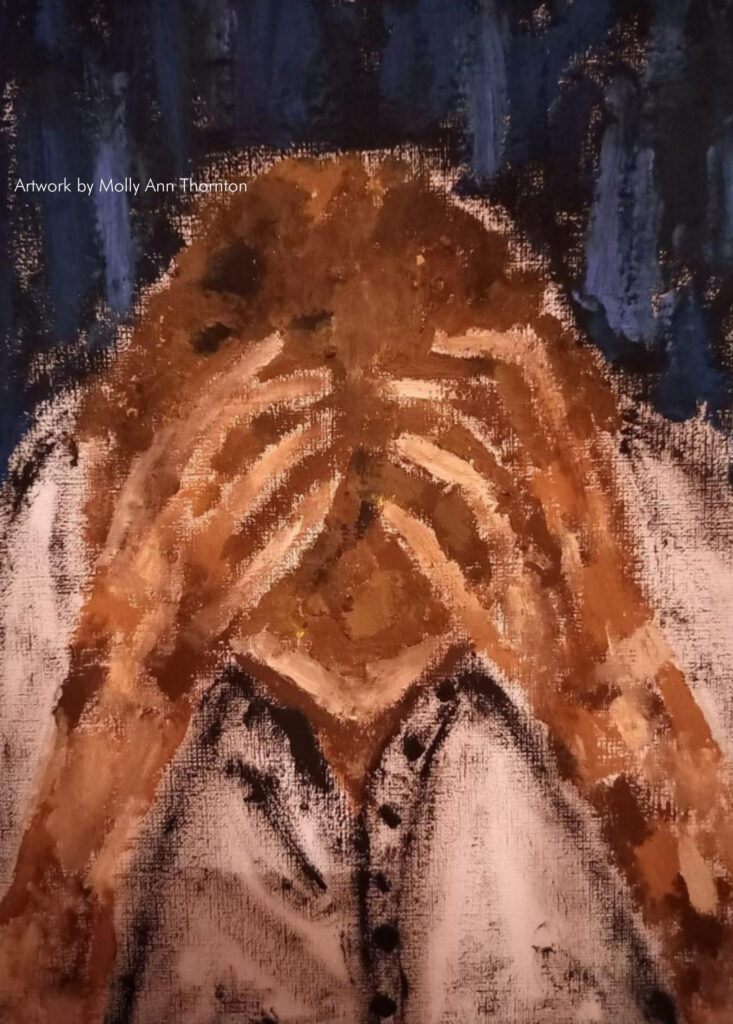- Feel Good
- 9th Sep 2021
- 1,020 Views
- 0
- 1 minutes
The warning signs of suicide and how to cope with the loss of a loved one – online counsellors The Clearing break the stigma

Ahead of World Suicide Prevention Day this Friday, Joanne Thornton – Clinical Associate at The Clearing – talks us through the psychology of suicide










Comments